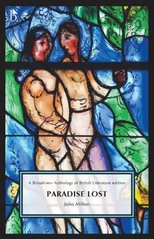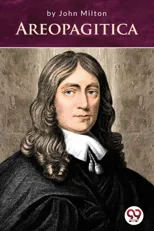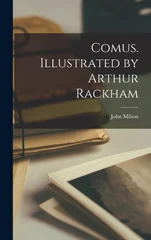Milton Poems
(Author) John MiltonJohn Milton (1608-74) was celebrated in his time as a public servant of the Cromwellian regime and as the author of brilliant polemical pamphlets about education religion and freedom of speech, but his posthumous reputation rests principally on his work as a poet, noteably in PARADISE LOST. This poem, written after the poet was driven out of public life by the Restoration, and begun when he was already blind, is a worthy successor to the epics of Homer and Virgil. In majestic blank verse it describes Lucifer's fall from heaven, the creation of mankind, Eve's temptation, and the expulsion of Adam and Eve from paradise. After the Bible, this is perhaps the greatest masterpiece of Christian literature. The present volume contains extensive selections from PARADISE LOST, chosen to illustrate its author's genius for high drama, vivid description and savage irony. In addition, there are substantial extracts from COMUS and SAMSON AGONISTES, and many of Milton's sonnets and shorter poems, including the famous LYCIDAS.
John Milton
John Milton (1608-1674) was an English poet and intellectual who is best known for his epic poem "Paradise Lost." Considered one of the greatest works in the English language, "Paradise Lost" explores themes of sin, redemption, and free will through the story of Adam and Eve's fall from grace. Milton's writing is characterized by its grandeur, complexity, and use of blank verse.
In addition to "Paradise Lost," Milton's other notable works include "Paradise Regained" and "Samson Agonistes." His works often reflect his deep religious convictions and his belief in the power of the individual to overcome adversity. Milton's contributions to literature include his advocacy for freedom of speech and his use of poetry as a means of exploring complex philosophical and theological ideas.
Overall, John Milton's impact on the literary genre of epic poetry is profound, as his works continue to be studied and revered for their eloquence, depth, and timeless themes.






